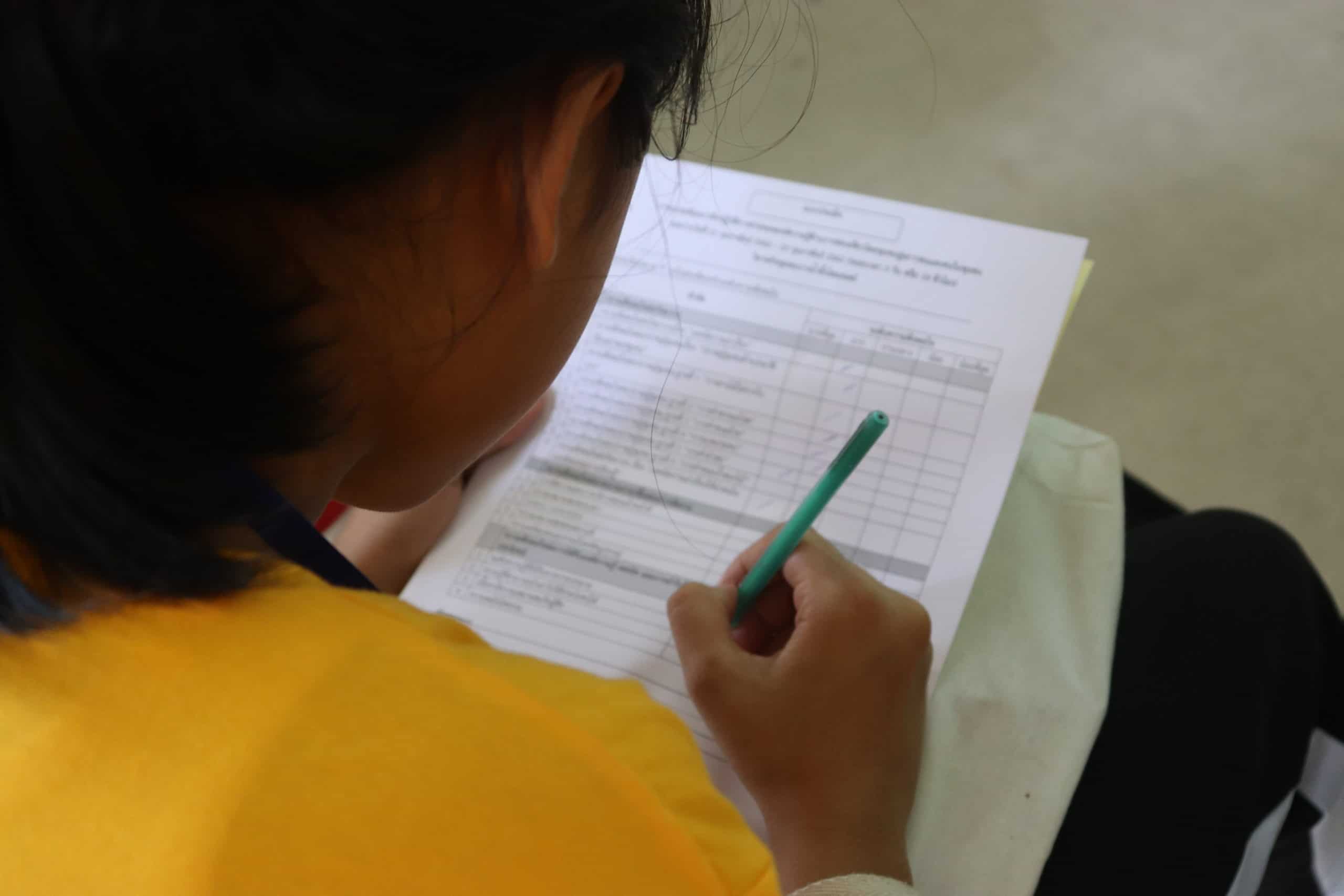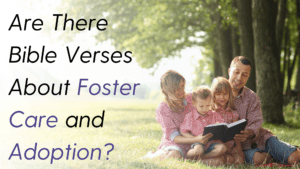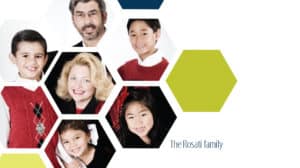We all have a story. Whether we like it or not, our history often informs the life and behavior we know as adults. Unfortunately, sometimes our stories include experiences of abuse or neglect, which can bring lasting repercussions throughout life. Perhaps you didn’t experience any abusive or neglectful experiences; maybe someone you lived with did. More often than we realize, we interact with people who experienced exposure to violence in the home or community, physical, emotional, or sexual abuse or losing a family member to suicide. All of which are traumatic for the person experiencing them and the person who bears witness to them.
Other challenges that may significantly impact a person’s life and development include parental or caregiver substance misuse, parental separation or abandonment, or their mental health challenges. Poverty, illness, natural disasters, war, or other catastrophic events can also impact lifestyles, dreams, and physical or emotional health. Generational or racial trauma often plays a role in the impact on a child’s functioning and development. We may not be aware of the histories of the people around us; we only see the evidence of their pain and anguish.
Adverse Childhood Experiences (ACE)
To put these developmental experiences into perspective, we need to look at the ACE study. ACE is an acronym for Adverse Childhood Experiences. The original ACE Study was conducted at Kaiser Permanente from 1995 to 1997 with two waves of data collection. Over 17,000 Health Maintenance Organization members from Southern California receiving physical exams completed confidential surveys regarding their childhood experiences and current health status and behaviors. (cdc.gov) The ACE questionnaire is comprised of ten questions about the first 18 years of life. For every affirmative response, the participant receives a point. Study findings show a relationship between the number of ACEs and negative health and well-being outcomes. In other words, as the number of ACEs increases, so does the risk for negative outcomes[AG1].
The ACE questionnaire can be found at www.acestoohigh.com. This tool can help to explain how and why we might see behaviors that don’t make sense. Let me explain. When someone’s ACE score is four or above, this indicates they experienced a significant trauma history. Due to their history, they may experience an increased risk of chronic diseases, auto-immune deficiencies, heart disease, diabetes, or even cancer. Additionally, their risk for injury, substance misuse, teen pregnancy, sex trafficking, or other high-risk behaviors increases. The risk for suicide increases exponentially.
Challenges from Trauma
High ACE scores also increase the probability of mental health challenges. This may include depression, self-harm, aggression, impulsivity, and emotional distress. Children who grow up exposed to prolonged toxic stress may experience challenges to their brain development. This exposure can negatively affect their ability to pay attention, problem-solve, make decisions, engage in learning, and manage stress. As a result of the developmental concerns, opportunities for educational and career achievement may not be actualized. Subsequently, this can create economic challenges. As you can see, the impact continues through the lifespan with a cycle that is difficult to manage or change.
Additional factors that may affect children’s development include living in under-resourced homes, parental absence, food insecurity, and transient living situations. These factors create uncertainty and lack of predictability which may lead to a child feeling unsafe. A child whose story includes any of these variables might act in ways that may not make sense to you.

Let me give you an example of this: sometimes children stash food under the bed or in their backpacks even if food is readily available at all times. It may not make sense. They are taking food, even though there is plenty of food; however when you grow up not knowing when and if food will be available, you may stash food to survive. This is a child trying to meet their own needs because they can’t trust others due to their trauma history. When our needs are not met as a child, we will do about anything to make us feel safe.
Toxic Stress
Children growing up with toxic stress may exhibit difficulty forming healthy and stable relationships. They may also develop unstable work histories as adults and struggle with finances, jobs, and depression throughout their lives. These effects can also be passed on to their children. Additionally, some children may face further exposure to toxic stress from historical and ongoing traumas due to systemic racism or the impacts of poverty resulting from limited educational and economic opportunities.
Lifelong Impact
The lifelong impact of ACEs is clearly significant, and I think it is something we should be talking about more. It may not be as daunting as you think; not long ago, a couple came to our home for dinner, and they were asking a little more about what I do professionally. They asked me to explain what I meant by trauma histories, thinking I meant exposure to a flood, car wreck, earthquake, or maybe even a fire. I introduced them to the ACEs questionnaire. This couple reviewed the questions, and it created an engaging conversation; we were able to talk freely about our ACE score and the impact of what that meant.
When we understand others’ stories, we can respond with grace and compassion. For some of us, our ACE scores are low. Mine is only a two; however, my husband’s is much higher, and I remind myself of that when he shows a reaction that may not make sense to me. Perhaps you could use the ACE questionnaire to create conversations that promote grace and understanding with friends and family members in your life.
The beauty of walking this journey is in the knowledge that God desires for us to come to Him for His healing mercies. He can use a variety of ways to heal us, from therapy, animal-assisted interventions, physical discharge, sensory processing, and prayer or meditation. Medication might be part of the formula God uses in your life as well. The beauty comes with the post-trauma growth and how God may use you in someone else’s healing.
Prevent ACEs from Happening
Not only is it important to experience the healing that God desires for us, but we should also strive to prevent ACEs from happening. We can focus on this within our own families as a starting place. It starts with each of us becoming the parent, grandparent, aunt, or uncle that meets our children’s needs. We do this from a place of nurture, grace, compassion, and kindness. When we meet our children’s needs, they learn that they are safe, they can trust, and they will thrive.

Our job, as believers, is not only focused on our own family; we need to be aware of our neighbors, our church family, and others God brings into our lives. It is imperative that we stay aware and not be afraid to step in to protect our vulnerable children. Not only do they need us to do that, but they also deserve our protection and love. I John 4:18 says, “There is no fear in love. But perfect love drives out fear.” (NIV). Stand in a place of love and not fear. Step in, protect a child’s vulnerability. It is not your responsibility to investigate concerns about the child; it is your job to report to the appropriate authorities if you suspect anything unusual or unsafe.
If we all work together, we can identify ACEs and change how we respond to those with trauma histories. We can learn to respond with grace and compassion while we meet the needs of those with trauma histories. Remember, we all have a story. Refrain from judging others. We don’t know their story; only God does. May God heal your story and use you in a mighty way.




















